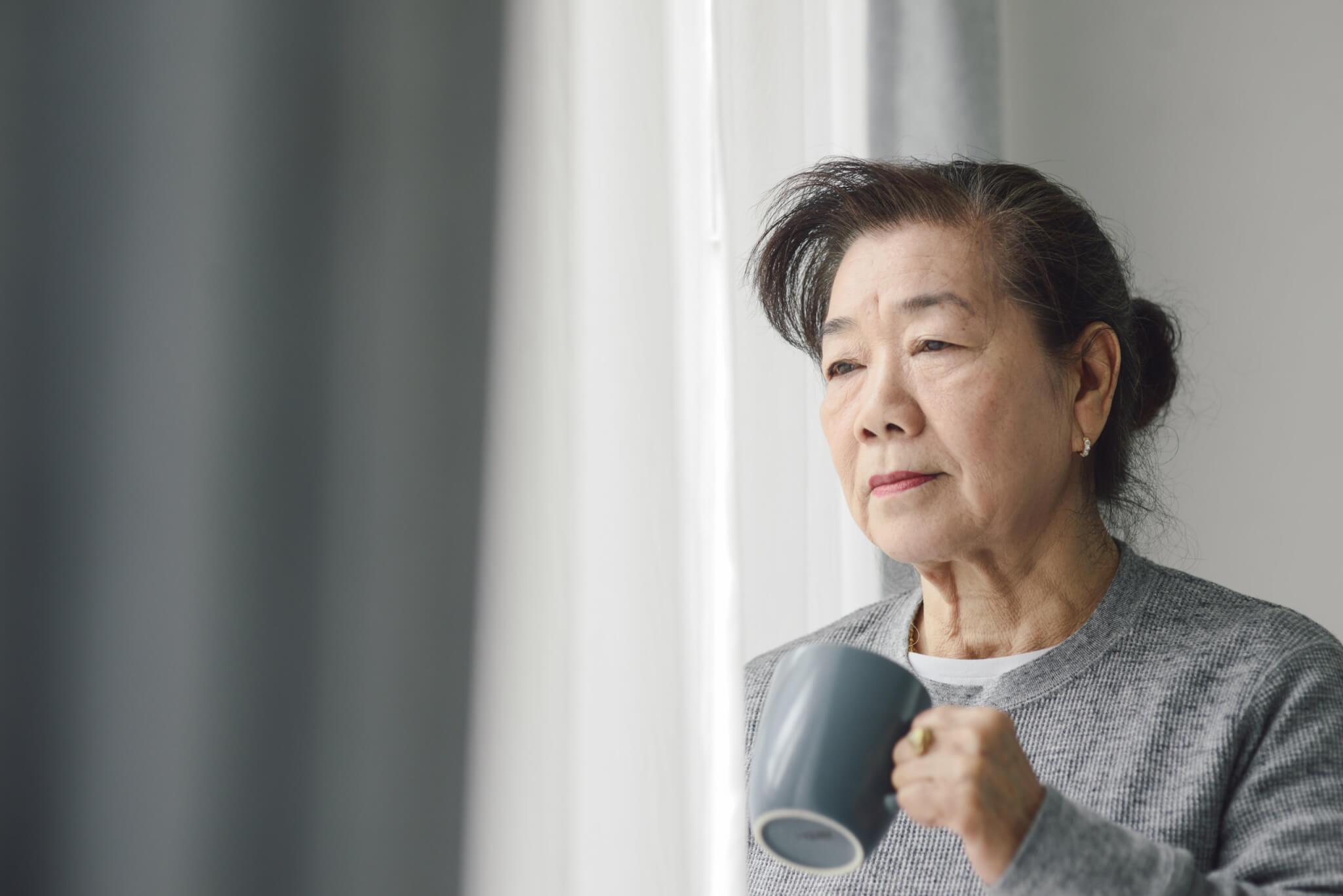CHONGQING, China — Women over the age of 50 may find it more challenging to cope with “gray divorce” than their male counterparts, a new study suggests. Researchers discovered that older men not only enter new relationships more easily after a late-life marriage dissolution but also are less likely to rely on antidepressants compared to women of the same age group.
The study observed an increase in antidepressant use for both men and women leading up to and immediately following a divorce, breakup, or the loss of a partner. However, women’s usage of these medications exceeded that of men.
The research, conducted by a team in China, highlights the growing trend of “gray divorce” in high-income countries due to aging populations, alongside an increase in re-partnering. It also points out that depression in later life is fairly common, affecting an estimated 10 to 15 percent of individuals over 55 with clinically significant symptoms.
The analysis included 228,644 individuals between 50 and 70 years-old who had experienced a divorce, relationship breakup, or bereavement, examining the impact of entering a new relationship for those who did. Of these, 53,460 individuals formed a new relationship within two to three years.
The study’s findings reveal a higher rate of men re-partnering following a bereavement or relationship dissolution compared to women. The use of antidepressants spiked for both genders around the time of a partner’s death or during the breakup process, with women showing a higher increase in usage than men.

Specifically, antidepressant use rose by about five percent in men and seven percent in women in the six months leading up to a divorce. In the case of breakups, the increase was three percent for men and six percent for women. Men typically returned to their pre-breakup antidepressant usage levels within a year, while women’s usage continued to rise from the first year onward.
Although the researchers noted a slight decrease in antidepressant use with re-partnering, this reduction was temporary, as usage tended to revert to previous levels or even increase two years later. The researchers suggest that the greater impact of relationship dissolution on women’s mental health might be due to the heavier emotional and social burdens they bear, including managing complex dynamics in blended families.
“The greater increases in antidepressant use associated with union dissolution among women in our study may indeed relate to the fact that the costs of union dissolution on mental health fall more heavily on women than men,” says Professor Yaoyue Hu from Chongqing Medical University in China, in a media release. “The smaller declines in use associated with re-partnering in women than in men may be related to the explanations that marriage benefits men’s mental health to a greater extent than women’s, and older men are more likely than women to seek emotional support from re-partnering.”
The research is published in the BMJ Journal of Epidemiology and Community Health.
South West News Service writer Isobel Williams contributed to this report.

Everything is always said to be more difficult for women, who are also said to be stronger and more sensible.